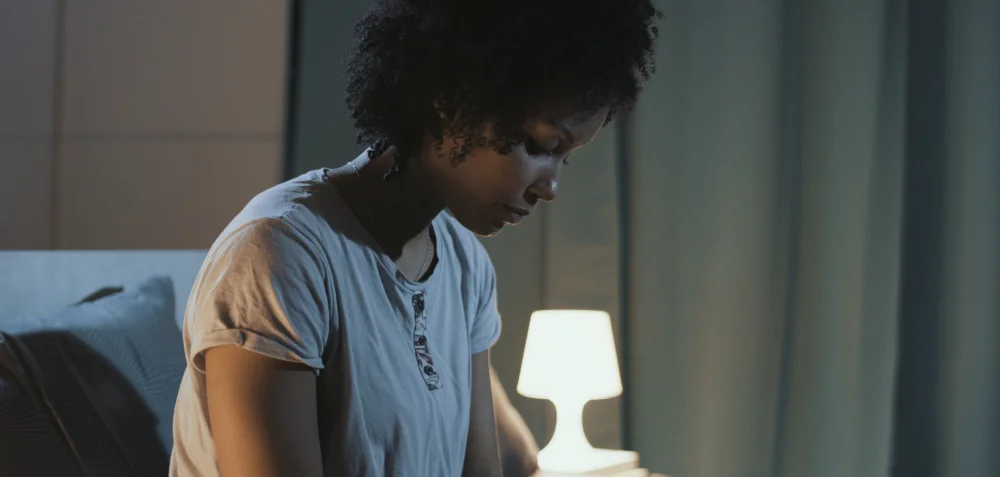
In the quiet hum of Sunday service, tucked between leather-bound hymnals and tattered Bibles, there’s a folded piece of paper that doesn’t belong. It’s not a prayer list. It’s not the offering envelope. It’s a betting slip. You might miss it if you’re not looking, left behind on a pew, tucked into a donation box, or pressed under a candle at the altar. But it’s there. Slipped in like a silent prayer. Because for many South Africans, the line between belief and betting isn’t a line at all. It’s a loop.
Walk into certain churches on the outskirts of Durban, in Joburg townships, in Eastern Cape villages, and if you speak to the elders, the ushers, even the street vendors outside, you’ll hear the stories. Of a man who dropped R20 into the offering plate, and a second later. Of a woman who brought her losing ticket to the altar and asked the pastor to “cancel the bad luck.” Of congregants who tithe not just from their salaries, but from their wins. “First fruits,” they say. “God’s share.”
 At first glance, it’s surreal. But zoom out, and it starts to make a complicated kind of sense. Betting, like faith, is about belief. It’s about the unseen, the hoped-for, the risk. You take your chances, you offer what you can, and you wait. For the draw. For the breakthrough. For the blessing. And so, the altar becomes both symbol and stage. A place where joy and desperation meet. Where a ticket isn’t just a stub, it’s a story. A whispered plea, “Let this be the one.”
At first glance, it’s surreal. But zoom out, and it starts to make a complicated kind of sense. Betting, like faith, is about belief. It’s about the unseen, the hoped-for, the risk. You take your chances, you offer what you can, and you wait. For the draw. For the breakthrough. For the blessing. And so, the altar becomes both symbol and stage. A place where joy and desperation meet. Where a ticket isn’t just a stub, it’s a story. A whispered plea, “Let this be the one.”
Some churches are trying to adapt. Quietly acknowledging the role betting plays in their congregants’ lives. Others are pushing back, hard. Warning that this fusion of luck and liturgy is spiritual confusion. That you can’t serve both God and the odds.But try telling that to the man who used his last R50 to bet on a Premier League game and won just enough to keep his lights on. Or the woman who plays Lucky Numbers every week not just to get rich, but to feel like something might shift. Hope, after all, wears many faces.
In some spaces, pastors are even using betting slips as sermon fuel. “You trust the slip,” one preacher in Umlazi said, “but won’t trust the scripture. You’ll believe a stranger’s odds over the promises of God.” It got a few murmurs. A few laughs. But after the benediction, someone still left a ticket behind. And what do you do with it? Do you throw it away? Do you pray over it? Do you pretend you didn’t see it?
These slips, crumpled, faded, sometimes still warm from a pocket, are relics of a complicated ritual. A new kind of offering in a country where faith has always bent to fit the shape of survival. Where hustling and hoping aren’t opposites, they’re partners. They say the altar is where burdens are left. These days, some of those burdens come printed in Helvetica Neue on pink paper, with a barcode and a closing time. Maybe it’s not traditional. Maybe it’s even blasphemous. But maybe, just maybe, it’s honest.
Because in South Africa, the sacred and the risky often share a pew. And sometimes, belief comes not in the form of a verse, but in the curl of a betting slip left behind, silent, spent, and still hoping to be redeemed.







